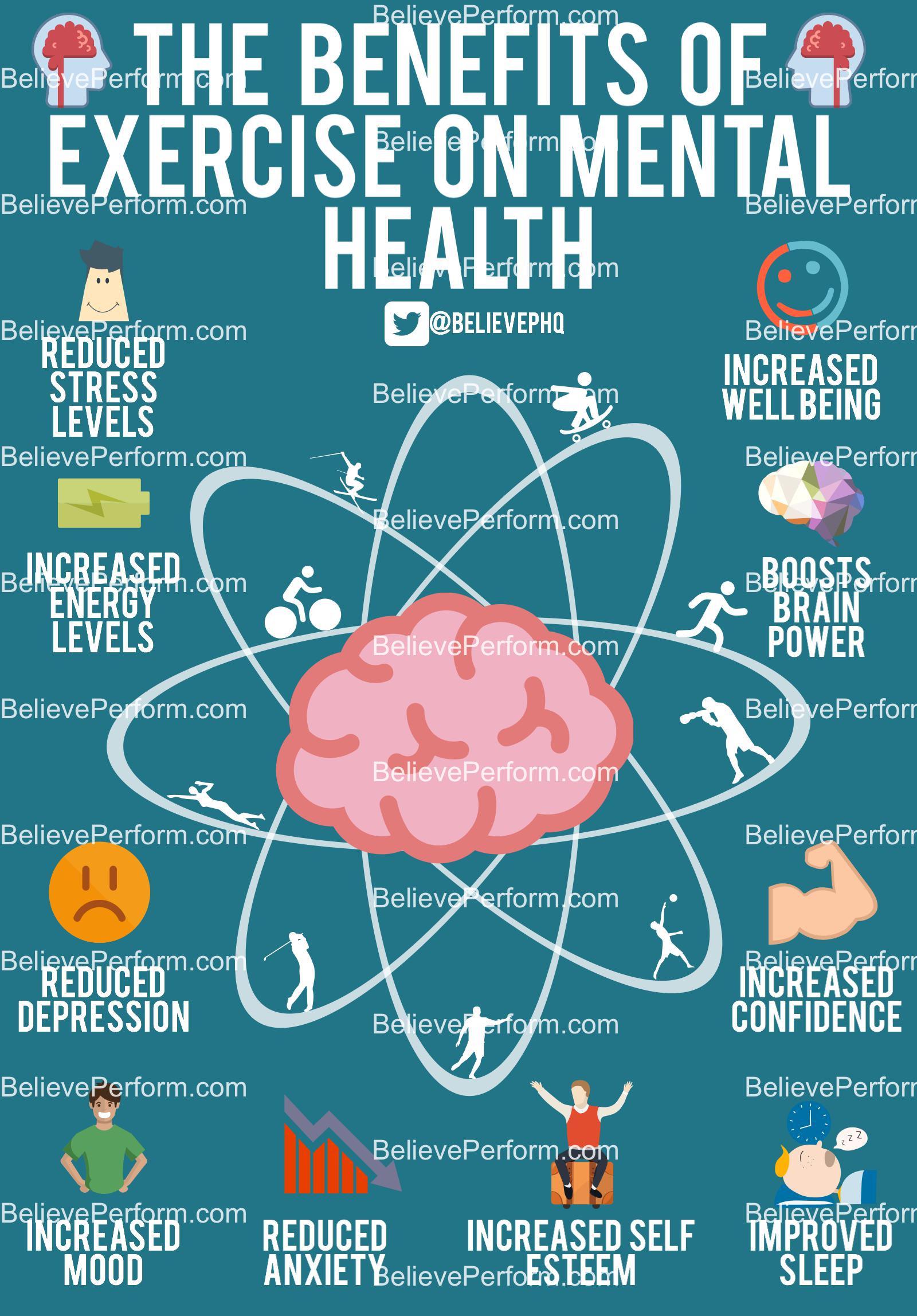The benefits of exercise for mental health except extreme overtraining are broad, safe, and proven.
If you are searching for the benefits of exercise for mental health except the usual clichés, you are in the right place. I have coached clients and tested methods myself, and I know what works. This guide breaks down what the benefits of exercise for mental health except do and do not include. You will see clear steps, simple science, and honest limits, so you can use them with confidence.

What people mean by “benefits of exercise for mental health except”
Many people ask for the benefits of exercise for mental health except in special cases. They may have an injury. They may be on a tight schedule. They may fear the gym. Or they may wonder if exercise helps more than mood.
Here is the short truth. Exercise helps the brain, sleep, focus, stress, and even social ties. It is not a cure for every case. But it is a strong add-on. When you look for the benefits of exercise for mental health except, you want the edge cases and the fine print. That is what we will cover here.
I use this phrase in consults a lot: the benefits of exercise for mental health except for rare risks still win. The key is dose, type, and fit.

How exercise changes the brain and mood
Exercise works on brain chemistry. It boosts serotonin, dopamine, and endorphins. It raises a growth factor called BDNF. That helps brain cells connect. It also calms the stress system, called the HPA axis.
Large studies show small to moderate drops in low mood and worry with regular movement. Both brisk walks and strength work can help. Yoga and tai chi help with calm and body awareness. When people ask about the benefits of exercise for mental health except hard science, the data is steady and solid.
Quick gains often show in two to four weeks. Some people feel a lift after the first few sessions. That early win helps you stick with it.
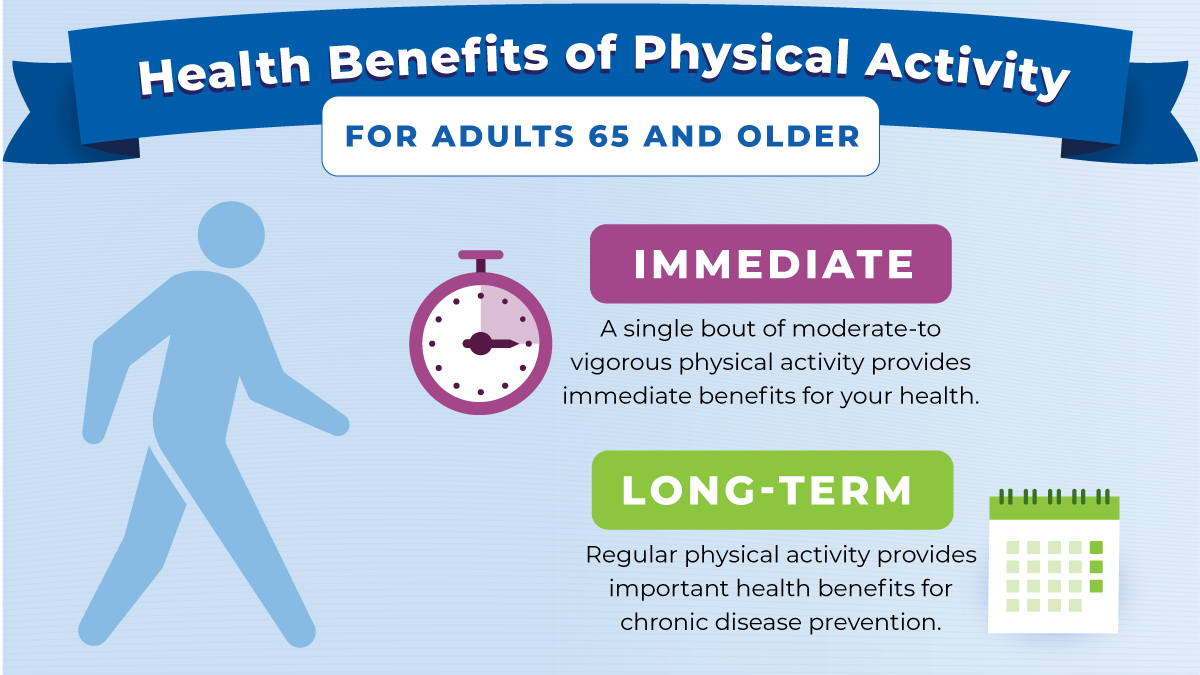
Benefits beyond mood: sleep, focus, and daily stress
The benefits of exercise for mental health except the usual “feel good” claim include better sleep, sharper focus, and less stress spillover.
Key wins you can expect:
- Sleep quality improves. You fall asleep faster and wake less.
- Focus and working memory get a boost. Short bursts help here.
- Stress tolerance rises. You recover from daily hassles faster.
- Self-esteem grows. You prove to yourself that you can act.
- Social joy climbs when you join a class or walk with a friend.
From my practice, a client who took 10-minute walks after lunch cut her afternoon brain fog in half. That is a common story. The benefits of exercise for mental health except only mood show up across your day.
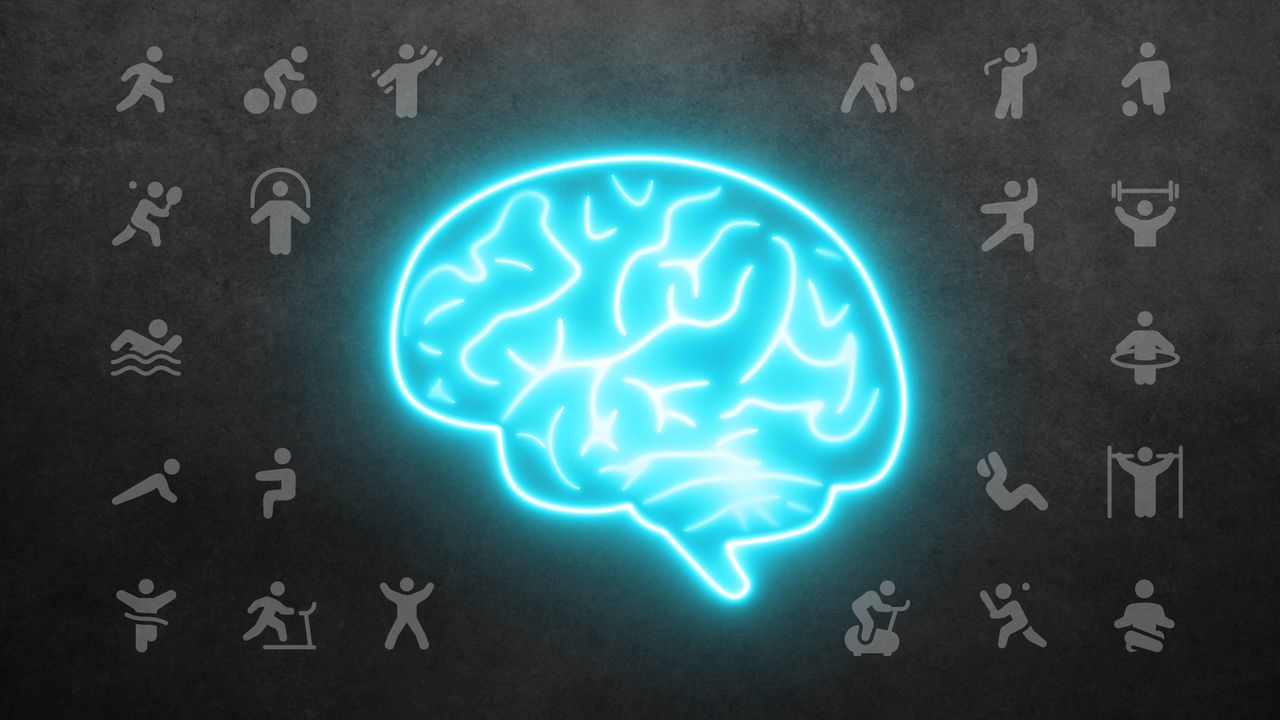
What the “except” really covers: limits, risks, and when to seek help
Let’s be real about the benefits of exercise for mental health except cases. Exercise is powerful, but it is not magic. It does not replace care for severe depression, bipolar disorder, trauma, or crisis. It supports care. It does not stand alone when risk is high.
Keep these points in mind:
- If you feel unsafe or have thoughts of self-harm, seek help now. Exercise can wait.
- Overtraining can backfire. Signs include poor sleep, low mood, and heavy fatigue.
- Intense late-night workouts can disrupt sleep in some people.
- If you have a heart issue or pain that does not go away, talk to your clinician.
In short, the benefits of exercise for mental health except emergencies hold true. But match the plan to your state. Start small. Build slow. Pair it with care when needed.
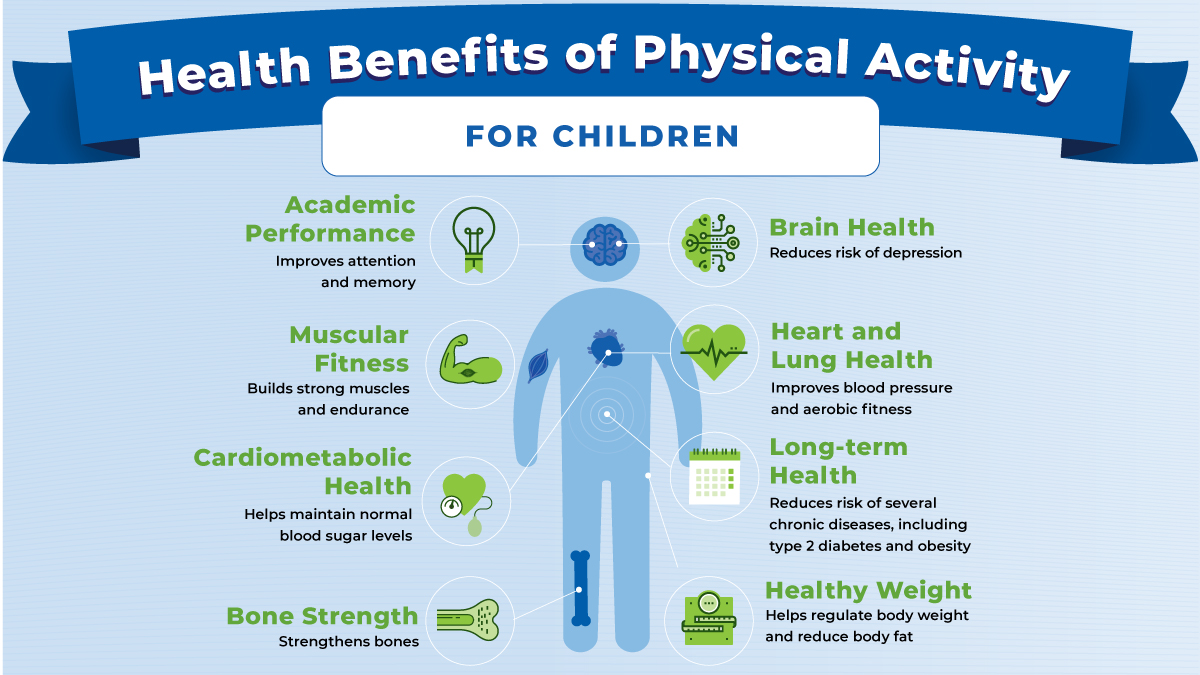
How to use exercise for mental wellness: a simple plan
Here is a plan I use with clients who want the benefits of exercise for mental health except a gym pass or lots of time.
Start small and steady:
- Do 10 minutes, most days. Walk, cycle, or dance in place.
- Add two short strength sets. Squats, push-ups on a counter, or bands.
- Include one mind-body session per week. Yoga, tai chi, or breath-led mobility.
- Go outdoors when you can. Nature adds calm and light.
Use these tips to stick with it:
- Tie it to a habit. Walk after coffee. Stretch after you brush your teeth.
- Track mood. Rate it before and after in one line. See the gain.
- Keep it easy on hard days. Five minutes still counts.
- Make it social once a week. A buddy makes it fun.
Dose matters. A common winning dose is 150 minutes of moderate work per week. But the benefits of exercise for mental health except the need for perfection still show at 60 to 90 minutes. Short, often, and kind beats long and rare.

Real stories, lessons learned, and mistakes to avoid
From my own week, three five-minute strength snacks keep me even. I do 10 slow squats, 10 easy rows with a band, and a 30-second plank. My email stress drops, and my sleep is deeper. It is simple and it works.
Client notes that may help you:
- Maya used brisk 12-minute walks after tense meetings. Her panic cues fell.
- Luis did light strength work at lunch. He felt calmer on calls.
- Ana tried evening HIIT. Her sleep got worse. We moved it to the morning. Sleep fixed.
Mistakes I see a lot:
- Doing too much too fast. Then quitting.
- Chasing weight loss, not mood. Mood is a faster win and keeps you going.
- Going hard at night. Then sleeping poorly.
- Ignoring pain. Adjust when your body talks.
The benefits of exercise for mental health except when you ignore feedback are clear. Listen, tweak, and keep it humane.
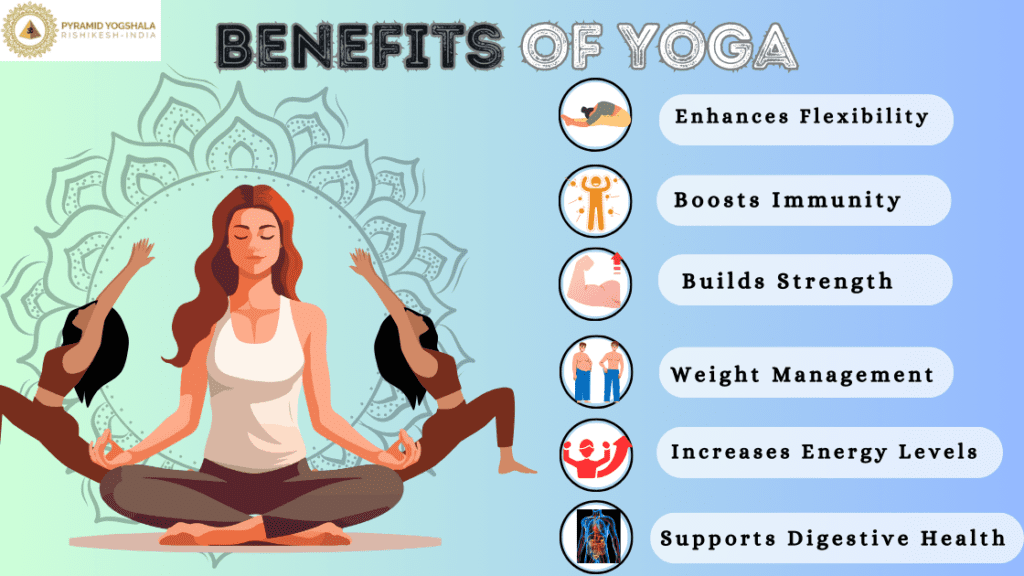
Choosing the right type for your goal
Each type has a flavor. Pick one that fits your life and goal.
If you want less stress:
- Try walking, cycling, swimming, or yoga at an easy pace.
- Add breath-led moves and longer exhales.
If you want more focus:
- Use short bursts. Do 20 to 30 seconds faster, then slow for a minute.
- Try a 10-minute stair session between tasks.
If you want better sleep:
- Move in the morning or afternoon.
- Use gentle evening stretches, not sprints.
If you want social lift:
- Join a class, a run-walk club, or a dance night.
- Plan a weekly “walk and talk” with a friend.
This is how you unlock the benefits of exercise for mental health except the one-size-fits-all trap. Make it yours.

Evidence snapshot you can trust
What does research say about the benefits of exercise for mental health except hype? Reviews of many trials show that regular movement lowers symptoms of depression and anxiety. Effects are small to moderate, but very real. Strength training helps mood and confidence. Aerobic work improves stress and sleep. Mind-body exercise improves calm and body awareness.
Most studies show benefits at three sessions per week. Each session lasts 20 to 45 minutes. Gains add up by week four and keep growing. The benefits of exercise for mental health except in rare adverse events are consistent across ages and backgrounds.
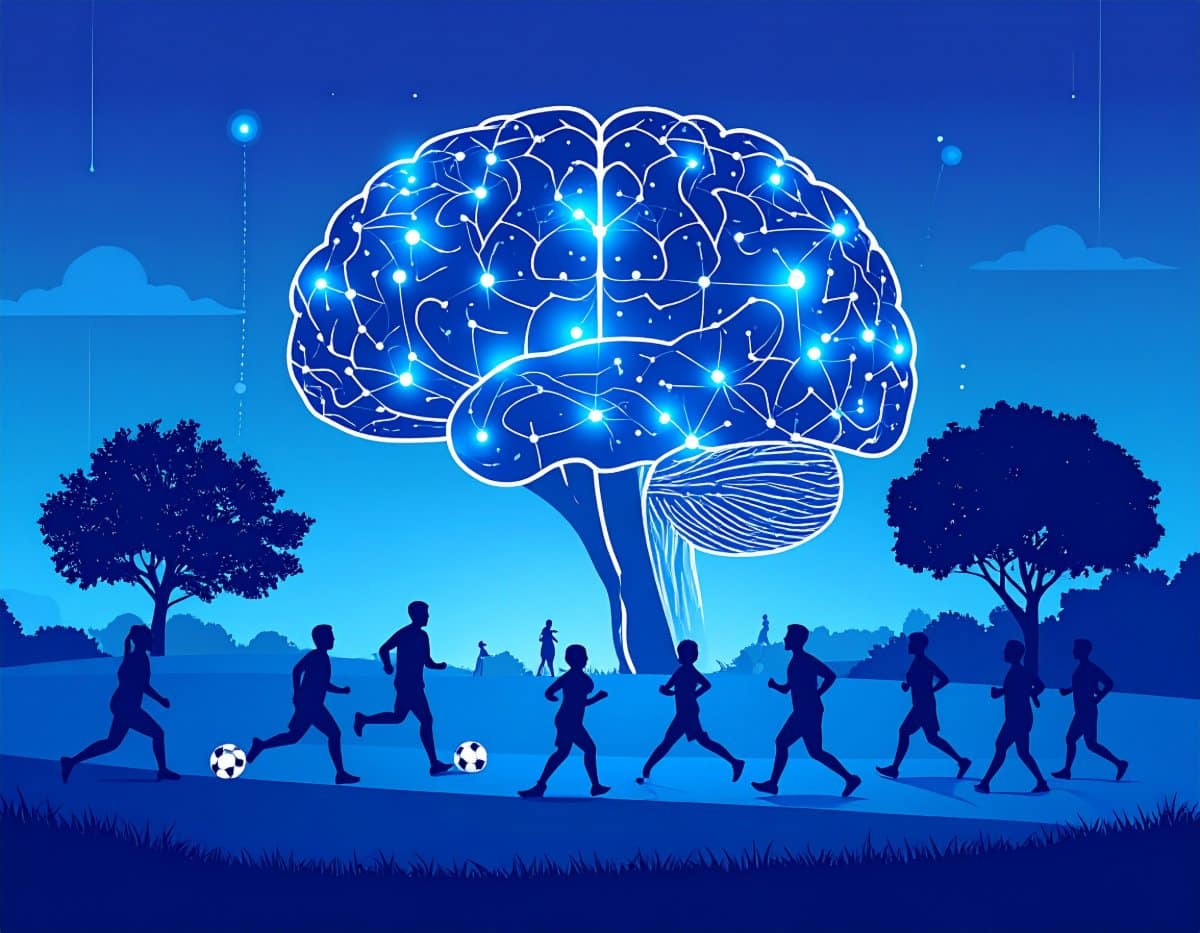
Troubleshooting: when exercise feels hard
Life gets busy. Here is how to keep going.
If time is tight:
- Use micro-workouts. Three sets of three minutes a day.
- Stack it. Walk while you take calls.
If energy is low:
- Do the easiest version. Gentle mobility for five minutes.
- Play music. Pick a song and move to it.
If mood dips:
- Start with a promise of two minutes. You can stop after that.
- Go outdoors. Light helps mood fast.
Use these tools to hold onto the benefits of exercise for mental health except on the hardest days. Small wins count most then.
Frequently Asked Questions of benefits of exercise for mental health except
What are the benefits of exercise for mental health except for people who hate gyms?
You do not need a gym. Walking, stair breaks, home yoga, and band work can do the job.
Can I still get benefits of exercise for mental health except if I only have 10 minutes?
Yes. Short bouts work. Aim for two or three mini sessions a day.
Are there benefits of exercise for mental health except when I have an injury?
Yes, with care. Try chair yoga, gentle mobility, or water work, and follow medical advice.
Do the benefits of exercise for mental health except apply to older adults?
They do. Movement supports mood, sleep, balance, and brain health in older adults.
How soon will I feel the benefits of exercise for mental health except on bad stress days?
Often right away. Many people feel calmer within 20 minutes and sleep better that night.
Conclusion
You now have a clear map. Use small, steady steps to unlock the benefits of exercise for mental health except the myth that you need hours or a gym. Start where you are, track how you feel, and adjust with care. Your brain, sleep, and stress system will thank you.
Pick one action today. Take a 10-minute walk or do two sets of squats by the counter. Then note your mood shift. Want more guides like this? Subscribe, share your wins, or leave a question so we can help you keep moving.

